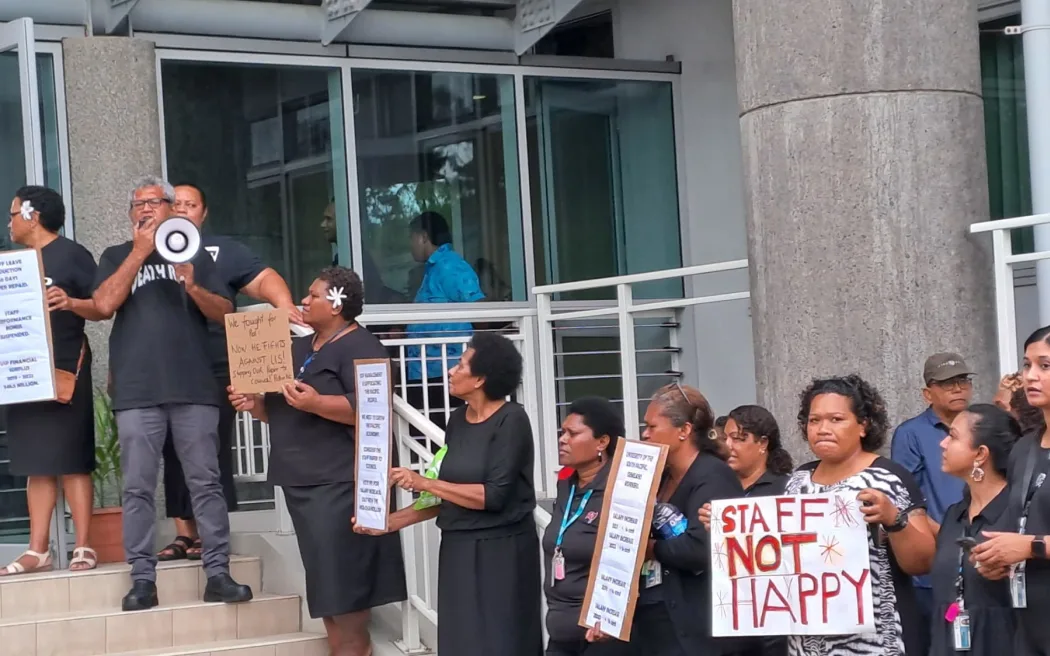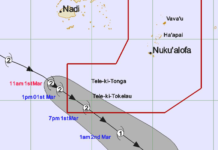By Caleb Fotheringham, RNZ Pacific Journalist, and is republished with permission
University of the South Pacific staff unions are giving management “one more chance to come to the table” before they go on strike.

On Wednesday, the staff association received the secret ballot outcome from Fiji’s Labour Ministry, which confirmed that they had a mandate for strike action.
Association of USP Staff (AUSPS) general-secretary Rosalia Fatiaki told RNZ Pacific that staff have agreed to return to management to give them one last opportunity to meet the unions demands.
“We [are giving management] one more chance to come to the table and in good faith, let’s look at this. Hopefully we are able to resolve the issues that led us to take this action. By next week we expect a response,” she said.
Fatiaki said the USP management will be given a week to meet with the unions and 21 days to come to an agreement, adding if the management do not come to the table “the next course of action is strike action”.
“When staff go on strike the students are the people that will be most affected. That’s why we’re giving management another chance.”
Fatiaki said the unions are expecting management to negotiate a new offer.
On 6 March, AUSPS cast a secret ballot where 96 percent of its members voted in favour of strike action above the needed majority threshold.
Fatiaki said management had refused to negotiate salary adjustments and that is why staff might strike.
She said staff missed out on salary adjustments in 2019 and 2022.
The regional university gave staff a two percent pay rise in October 2022, January 2023, and January this year.

However, Fatiaki said it is “way below” the increase needed to match the cost of living in Fiji and unions were not consulted.
She said USP used to contribute an additional two percent above the national minimum for its superannuation contribution to senior staff but this was reduced to the minimum during Covid-19 and has not returned which the union is demanding.
She said USP had not engaged with the union but has cited financial reasons for withholding pay.
Late last month, AUSPS members staged a protest calling for the resignation of the university’s vice-chancellor Pal Ahluwalia for not being responsive to the unions concerns.
In a statement to RNZ Pacific, the USP confirmed that “it has received the outcome of the secret ballot strike action”.
“USP reiterates that it is fully engaged in the process with AUSPS and Union and welcomes further negotiations to reach an amicable solution,” it said.







